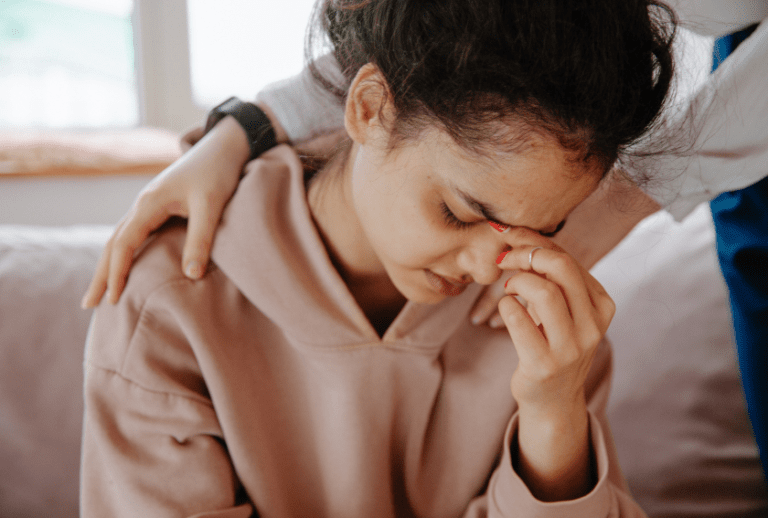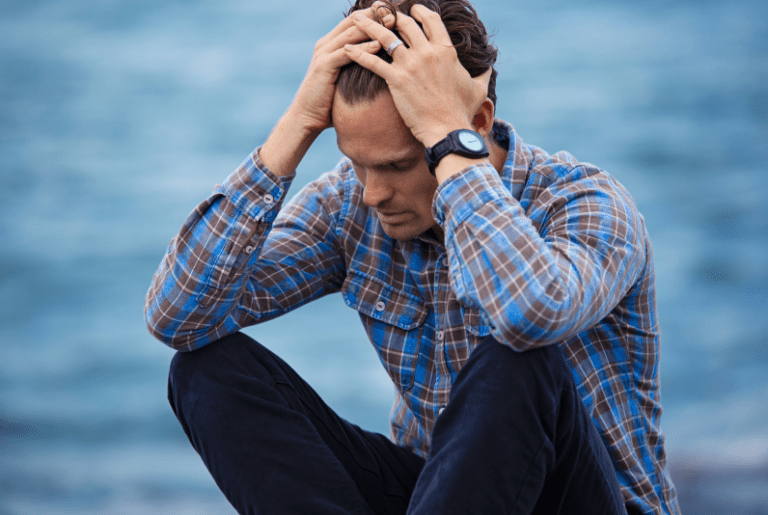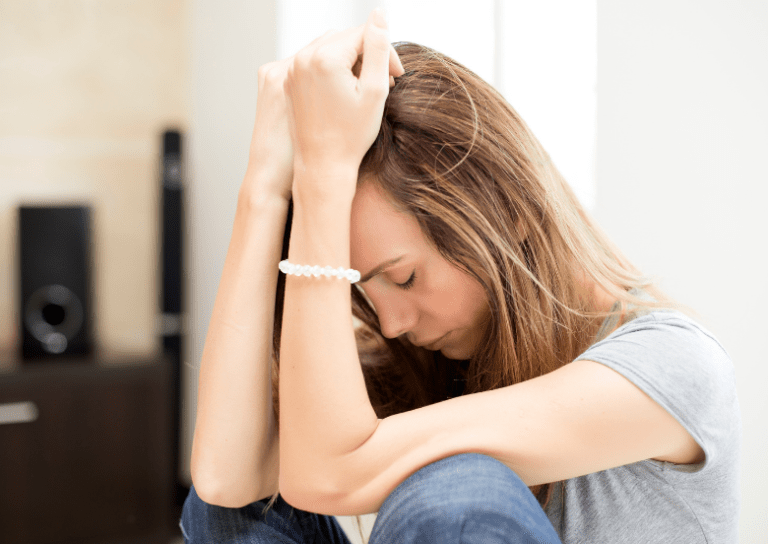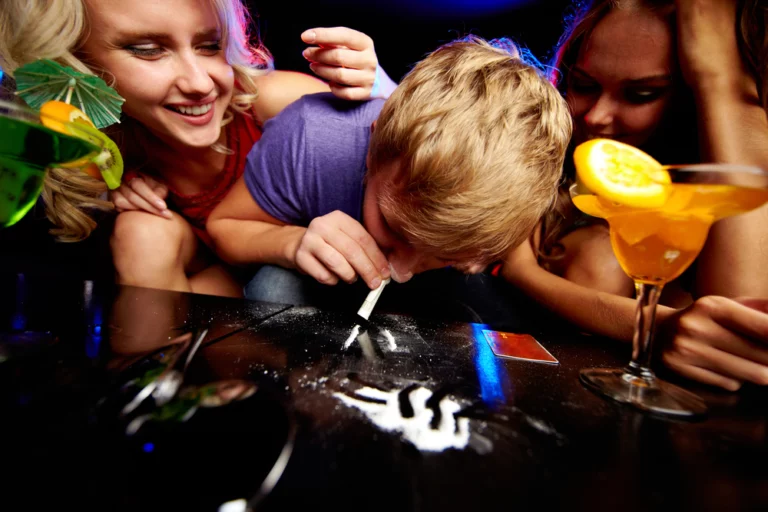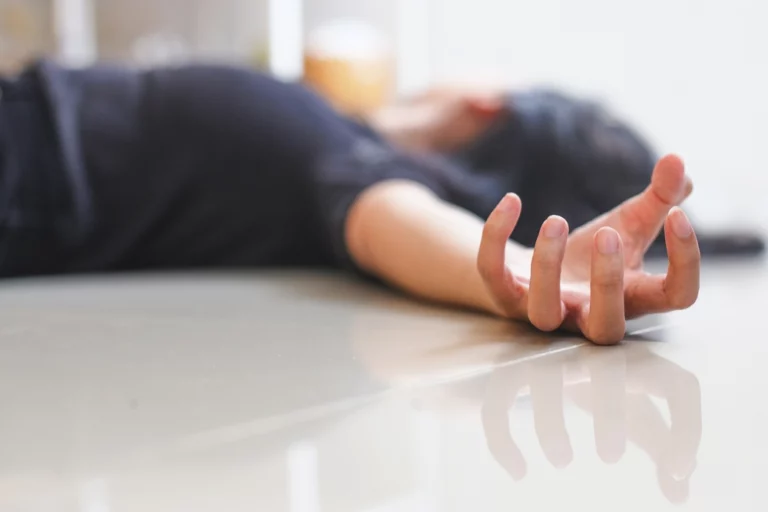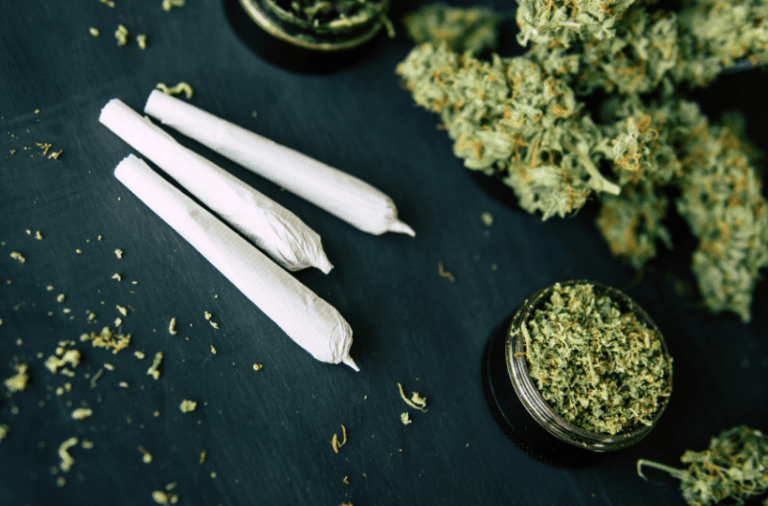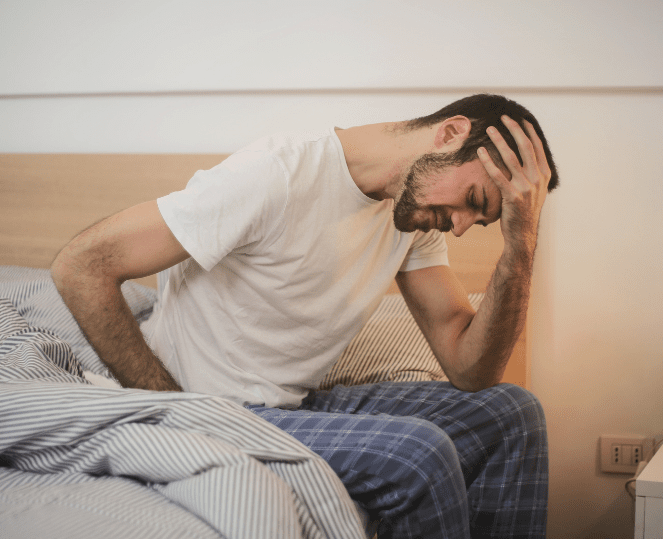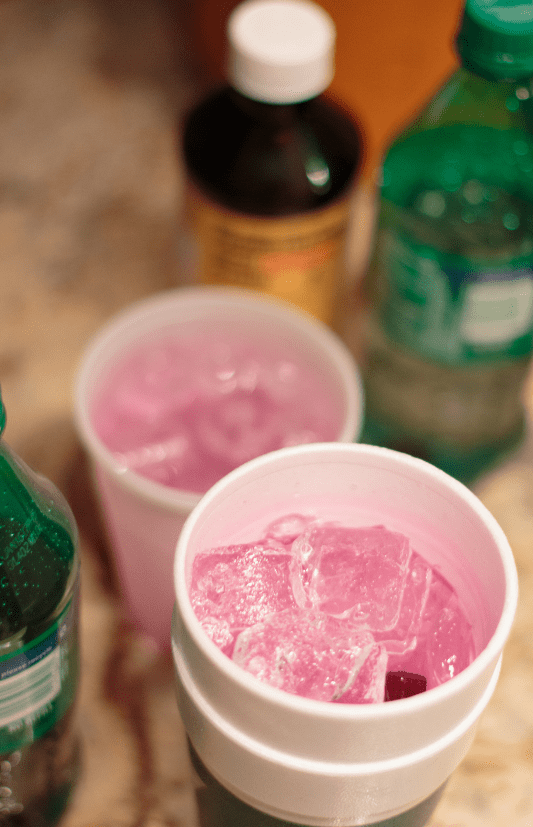Relapse Does Not Equal Failure
According to the National Institute on Drug Abuse, anywhere from 40-60% of individuals struggling with addiction will experience relapse. Though by no means a necessary experience on the path to recovery, it is nonetheless a very common one. It is important to know that relapse does not indicate that a person will never be able to maintain sobriety. Though it may feel disheartening, frustrating, and scary, relapse does not equal failure.
What To Do If You Relapse
A relapse on drugs and alcohol after abstaining from these substances for a period of time may leave a person feeling powerless. However, it is crucial to remember that you have options— that you can re-enter recovery right away, and do not have to keep drinking or using drugs. Help is available at all times of day and night. You do not have to figure this out alone, and you do not have to navigate any part of this process alone.
If you know anyone who is in recovery, reach out to them, or to a friend or family member who can help get you back on track with your recovery through a treatment program or recovery support group such as Alcoholics Anonymous or Narcotics Anonymous. If you have a counselor or trusted advisor, reach out to them. The SAMHSA National Helpline is free, confidential, and open 24/7 to offer resources and support. Their website states, “This service provides referrals to local treatment facilities, support groups, and community-based organizations. Callers can also order free publications and other information.” You may also contact an addiction specialist directly for guidance and suggestions on the next steps to take.
Relapse Does Not Equal Failure
Relapse can feel like failure, but it is not failure. Dwelling on feelings of failure, guilt, shame, and remorse after a relapse can often keep a person stuck in the cycle of addiction, because they don’t want to feel these feelings or don’t know how to cope with them, so they continue to drink or use to numb the pain. A person may also feel embarrassed or afraid to admit that they relapsed, so they avoid seeking the help they need, and continue abusing substances. But the reality is that relapse is often a part of the recovery process, and most individuals who have relapsed will say that, although they are disappointed that they relapsed, their relapse taught them something.
Often, relapse, and any physical, emotional, or legal consequences related to a person’s relapse, are a big reminder of why a person entered recovery in the first place. It may show a person that they were not prioritizing their recovery, and let old habits creep back in until they decided to drink or use drugs again. It may reinforce a person’s desire to choose sobriety. Whatever the result of a relapse, the first thing a person should do is reach out for help and start moving forward in the direction of recovery.
Oasis Recovery Can Help
If you or someone you love has developed an addiction or dependence to drugs or alcohol, or has relapsed and are wondering how to get help, we encourage you to reach out to the professionals at Oasis Recovery to learn more about our personalized treatment programs and mental health services. Recovery is always possible. Our experts work with you to design a treatment plan that fits your needs. Common treatment programs include:
- Intensive Outpatient Programs (IOP)
- Full-time Addiction Treatment on campus
- Aftercare Services
Contact us today for more information about how our programs and services can help you get your life back on track. We are here for you.



